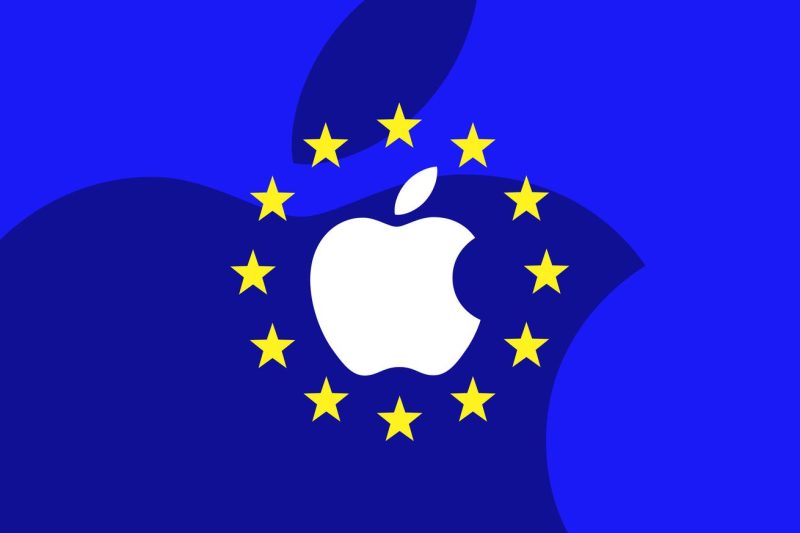In the world of technology and global market dominance, Apple Inc. has stood out as a pioneer in innovation and creativity. However, recent events have taken a new turn as the tech giant finds itself at the center of legal proceedings regarding its compliance with European Union’s (EU) Digital Markets Act (DMA) rules. This development marks a significant milestone as Apple becomes the first company to be charged with violating the EU’s DMA regulations, raising important questions about the company’s market practices, competition, and the future of the digital landscape.
Apple’s dominance in the tech industry, particularly in the realm of smartphones and digital services, has been unparalleled. The company’s ecosystem of products and services has cemented its position as a key player in the global market, with a loyal customer base and a strong brand identity. However, this success has also attracted scrutiny from regulators and competitors, who have raised concerns about Apple’s market power and alleged anti-competitive practices.
The EU’s DMA rules are designed to address these concerns by promoting fair competition and fostering innovation in the digital sector. The DMA aims to create a level playing field for all market participants, ensure a fair and transparent marketplace, and protect consumers from the negative consequences of dominant market players. Under these regulations, companies like Apple are required to adhere to certain guidelines and practices to prevent abuse of their market power and ensure fair competition.
The specific charges against Apple have not been disclosed in detail, but they are believed to relate to the company’s App Store practices and its treatment of third-party developers. Apple’s App Store has long been a source of controversy, with developers accusing the company of imposing unfair restrictions, exorbitant fees, and arbitrary rules that stifle competition and innovation. These allegations have fueled calls for greater regulatory oversight and intervention to address Apple’s market dominance and ensure a level playing field for all app developers.
As the first company to face charges under the EU’s DMA rules, Apple’s case is likely to set a precedent for how tech giants are held accountable for their market practices. The outcome of this legal battle could have far-reaching implications for the digital economy, shaping the future of competition, innovation, and consumer choice in the tech industry. It also highlights the growing importance of regulatory scrutiny and oversight in addressing the challenges posed by dominant market players and safeguarding a fair and competitive marketplace for all stakeholders.
In conclusion, Apple’s legal troubles with the EU’s DMA rules underscore the complex relationship between market dominance, competition, and regulation in the digital age. As the tech giant navigates these challenges, it will be crucial for policymakers, regulators, and industry stakeholders to work together to promote fair competition, innovation, and consumer choice in the digital economy. The outcome of Apple’s case will be closely watched as a key test of the effectiveness of regulatory frameworks in addressing anti-competitive practices and shaping the future of the global tech industry.




























